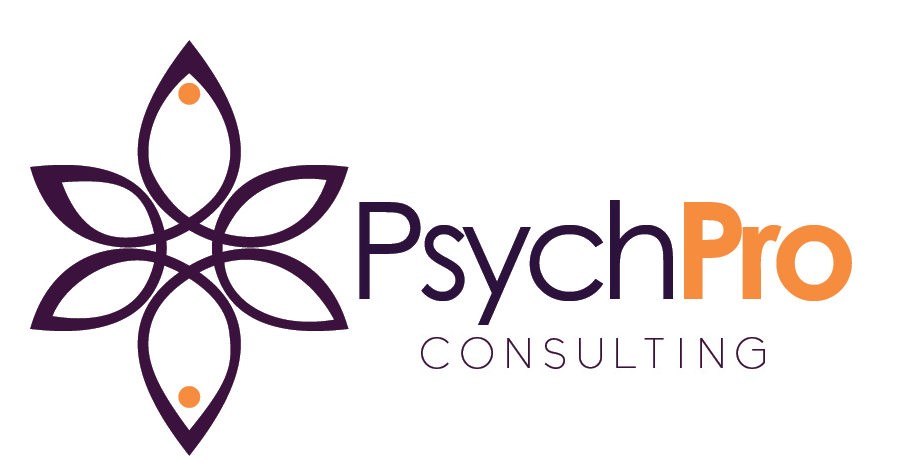POSTTRAUMATIC STRESS DISORDER (PTSD)
While 70% of Americans report a history of exposure to trauma, for some individuals the impacts are long lasting. While most reactions to trauma resolve naturally, PTSD is a condition that extends long after the trauma is over. Understanding the condition is the first step towards healing.



